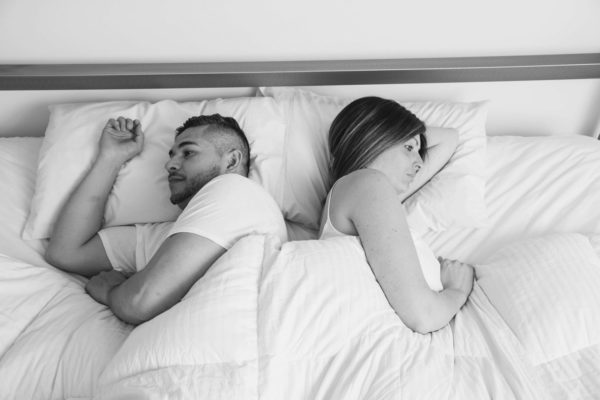
Most of us lead such busy lives that we don’t get enough sleep. To compensate, many of us sleep in on the weekend. But should we?
Sleep deprivation can lead to sleep debt, which is the difference between how much sleep you require and how much you’re actually getting. Sleep debt can cause adverse effects on your immune, cardiovascular, nervous and endocrine systems, leading to diabetes, obesity, depression and anxiety.
The jury is still out on whether you can actually “catch up” on your sleep. Some studies indicate that you can, although one study by the National Sleep Foundation revealed that not only is it impossible to really catch up on your sleep, but when you try to compensate for your lack of sleep during the work week, the extra hours on the weekend can actually worsen your reaction times and ability to focus.
Teens are more likely to “sleep in” on weekends than are adults. Around 80 percent don’t get the recommended nine hours of sleep per night, especially during school when they stay up late to do homework, spend time with friends or participate in extracurricular activities.
So while many people enjoy the guilty pleasure of sleeping late on weekends, even if you feel more rested on Monday morning, this extra sleep won’t eliminate the risks of sleep deprivation. In fact, it may even disrupt your circadian rhythm, which makes it more difficult to get to sleep at night. This eventually creates a cycle of negative sleep patterns.
Bottom line is this: you can use the weekends as an occasional or short-term sleep strategy, but it’s not something you should do regularly. Ideally, you should go to bed and get up in the morning at roughly the same time every day.
Visit a Verlo Mattress showroom in McHenry, Crystal Lake & Lake Geneva : 800.224.VERLO : Verlo Mattress Factory